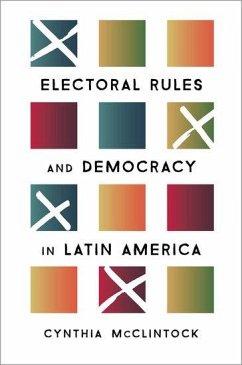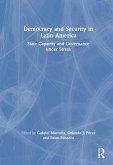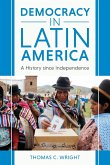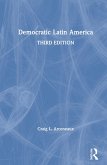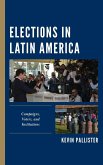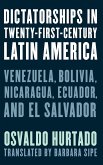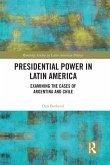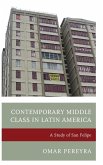During Latin America's third democratic wave, a majority of countries adopted a runoff rule for the election of the president, effectively dampening plurality voting, opening the political arena to new parties, and assuring the public that the president will never have anything less than majority support. In a region in which undemocratic political parties were common and have often been dominated by caudillos, cautious naysayers have voiced concerns about the runoff process, arguing that a proliferation of new political parties vying for power is a sign of inferior democracy. This book is the first rigorous assessment of the implications of runoff versus plurality rules throughout Latin America, and demonstrates that, in contrast to early scholarly skepticism about runoff, it has been positive for democracy in the region. Primarily through qualitative analysis for each country, the author argues that, indeed, an important advantage of runoff is the greater openness of the political arena to new parties--at the same time that measures can be taken to inhibit party proliferation. In this context, it is also the first volume to address whether or not a runoff rule with a reduced threshold (for example, 40% with a 10-point lead) is a felicitous compromise between majority runoff and plurality. The book considers the potential for the superiority of runoff to travel beyond Latin America--in particular, and rather provocatively, to the United States.
Bitte wählen Sie Ihr Anliegen aus.
Rechnungen
Retourenschein anfordern
Bestellstatus
Storno

